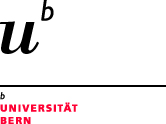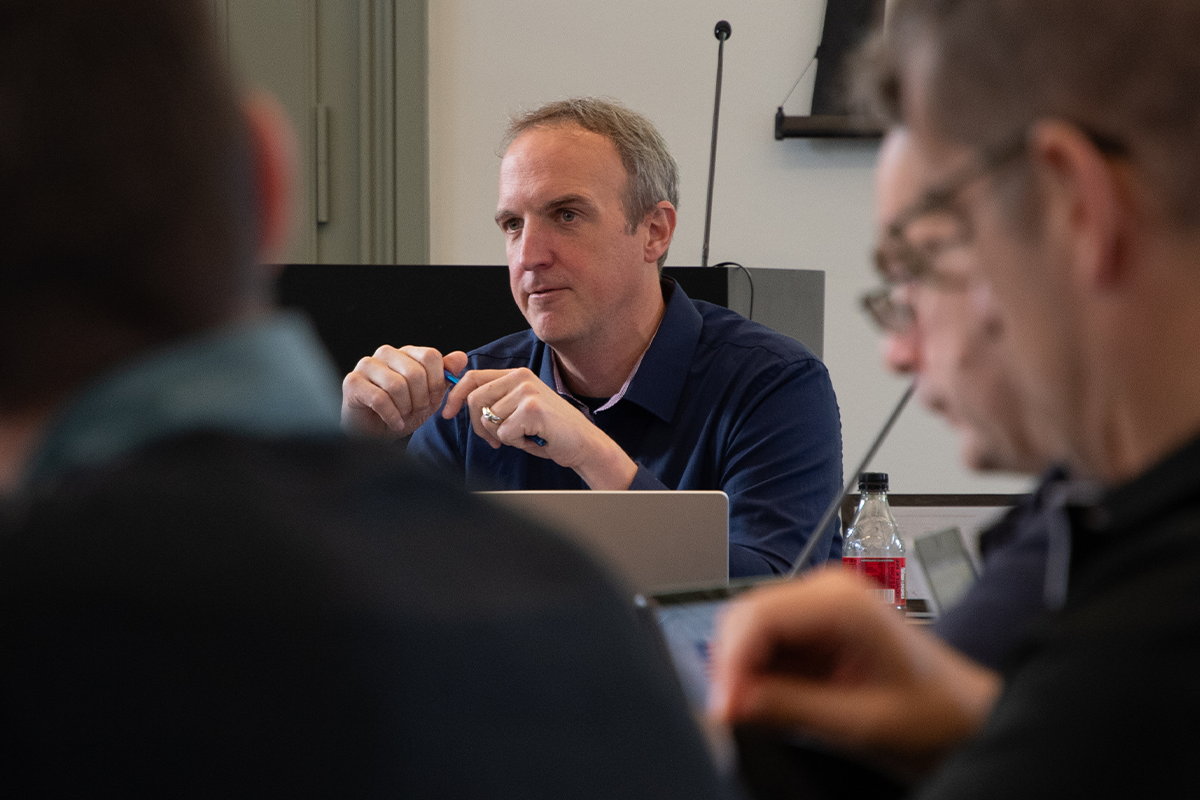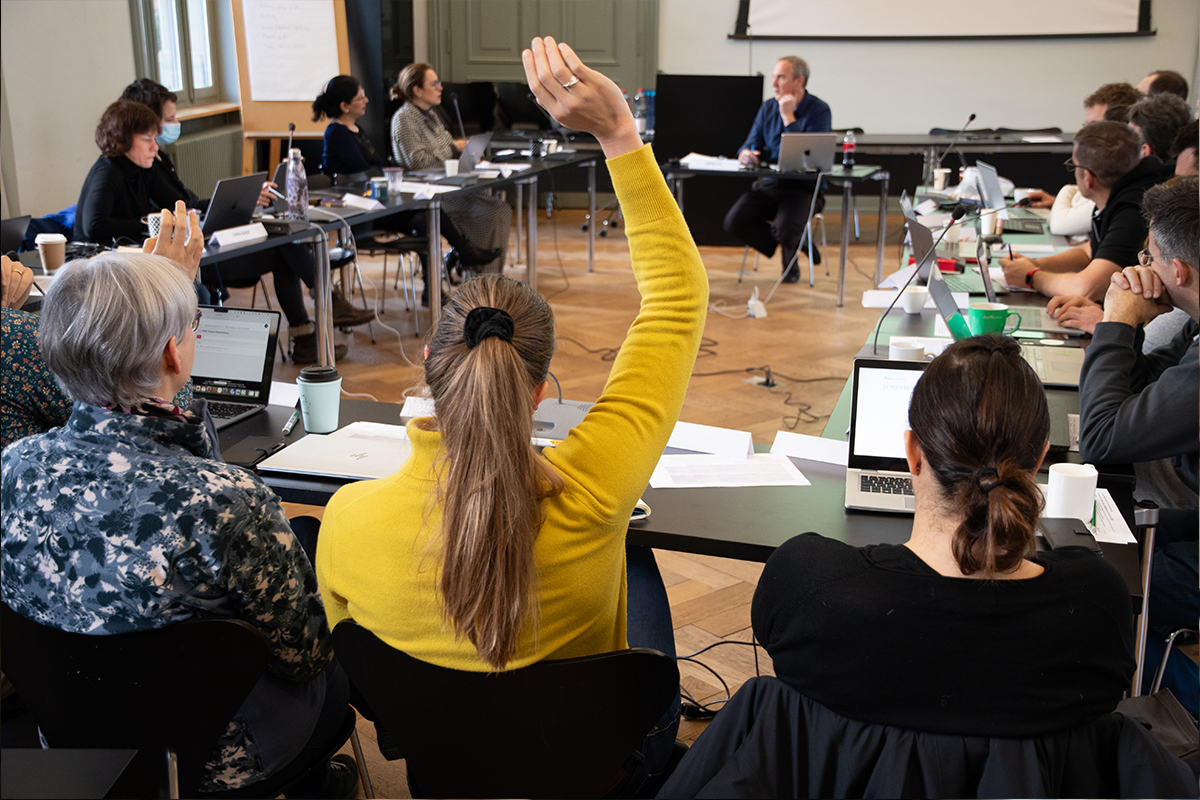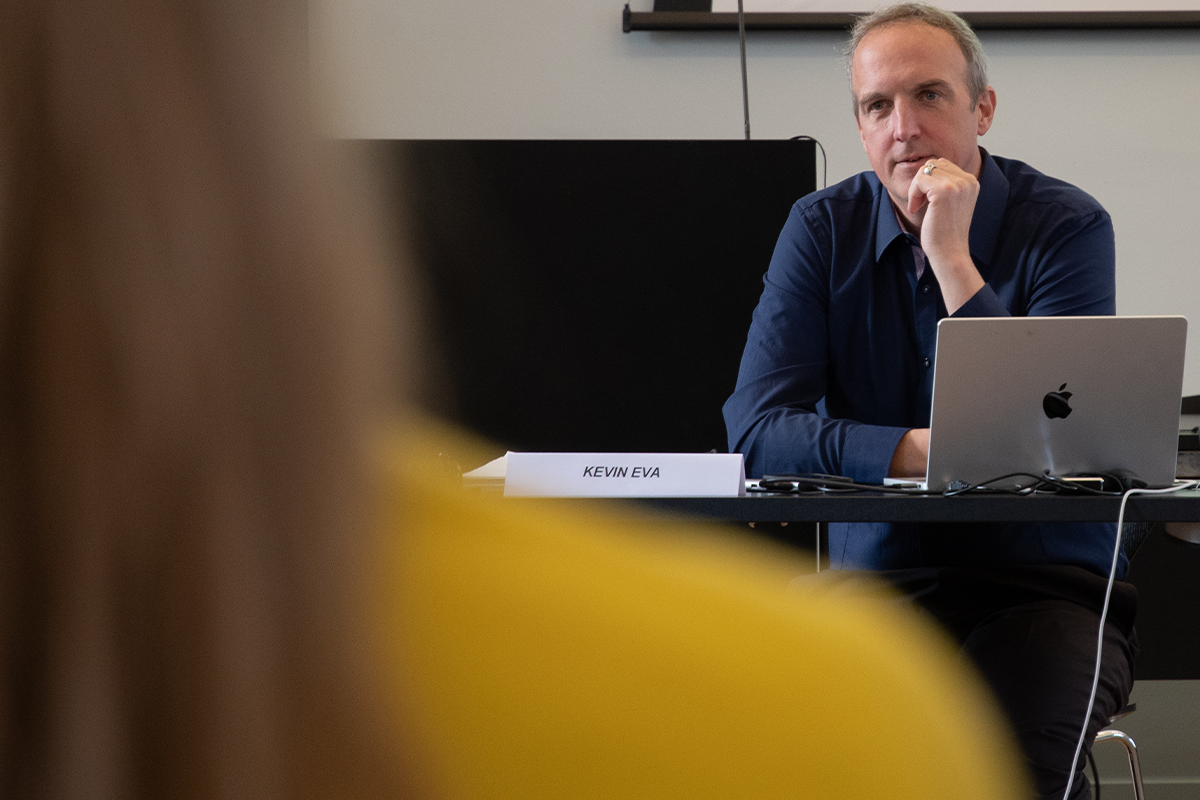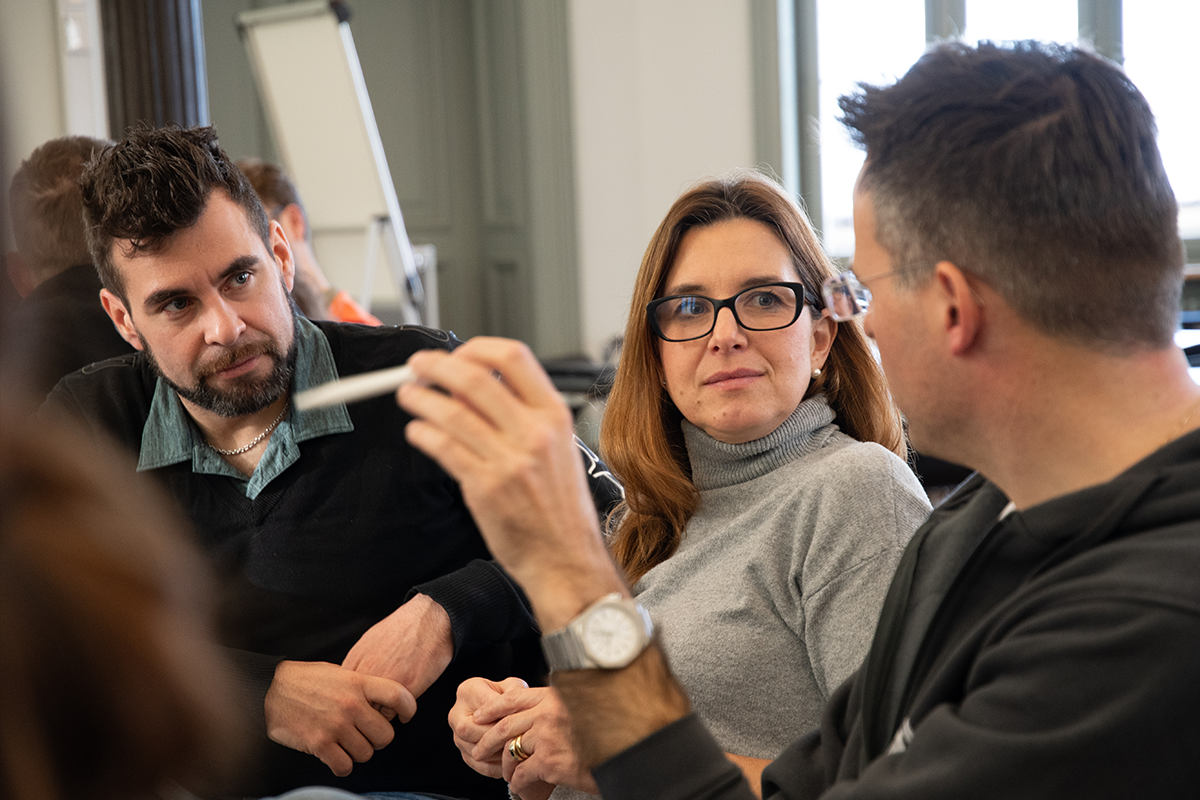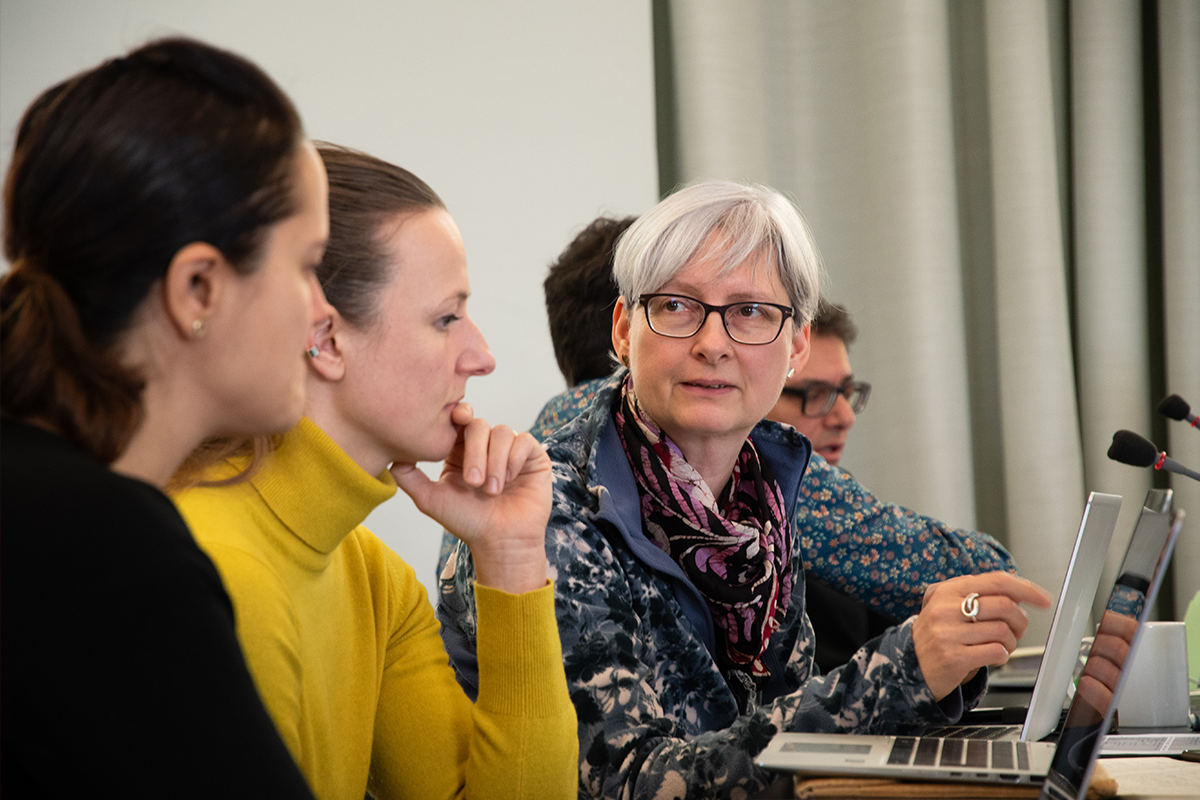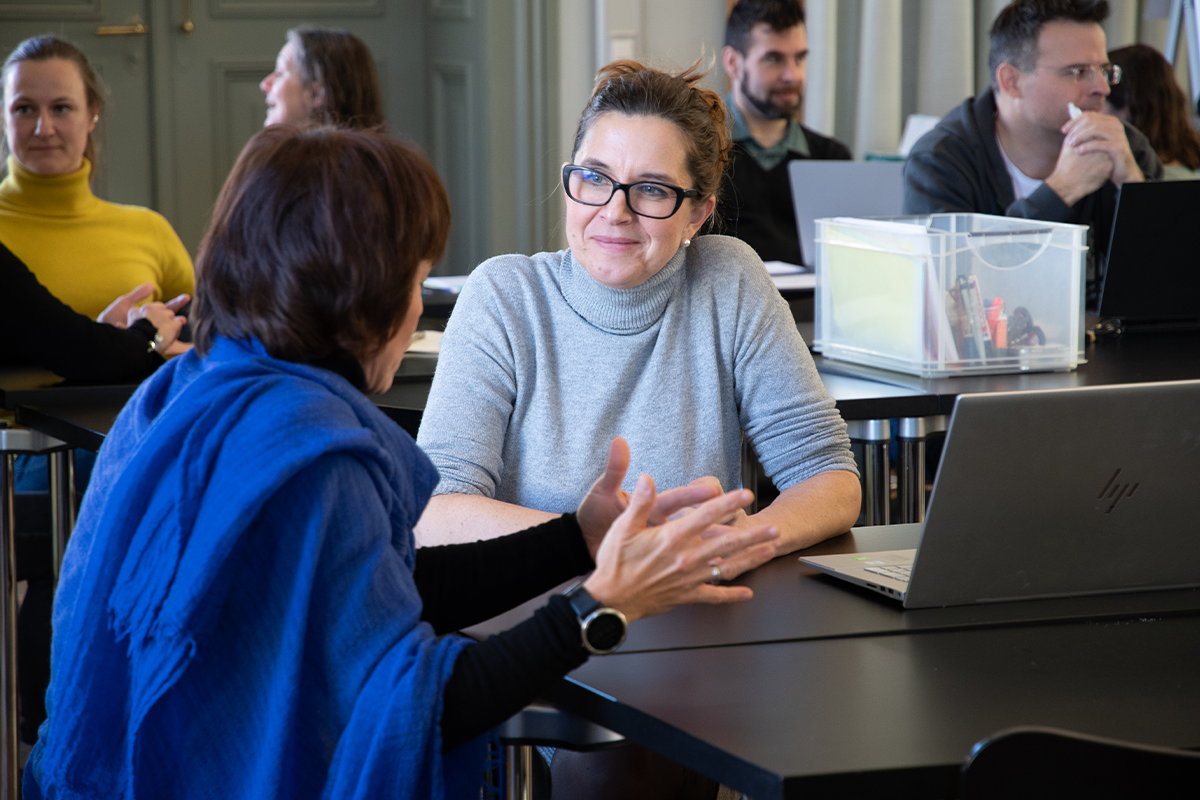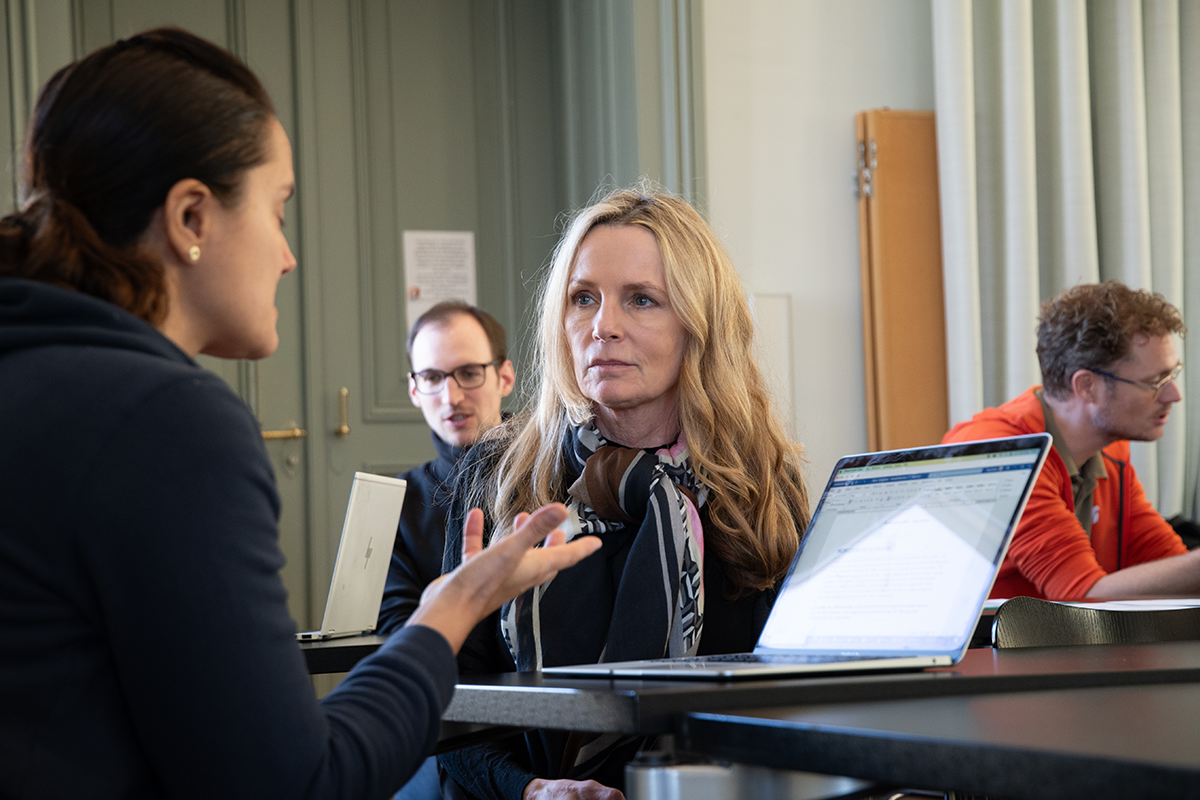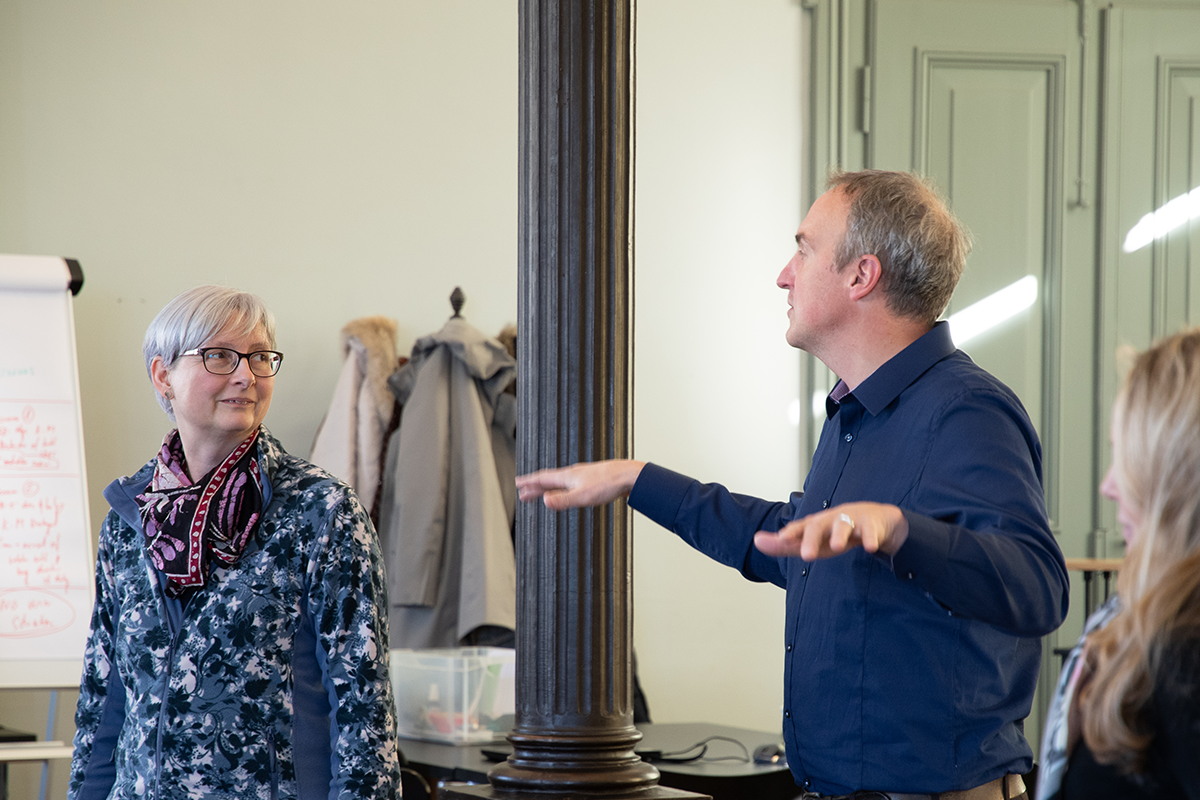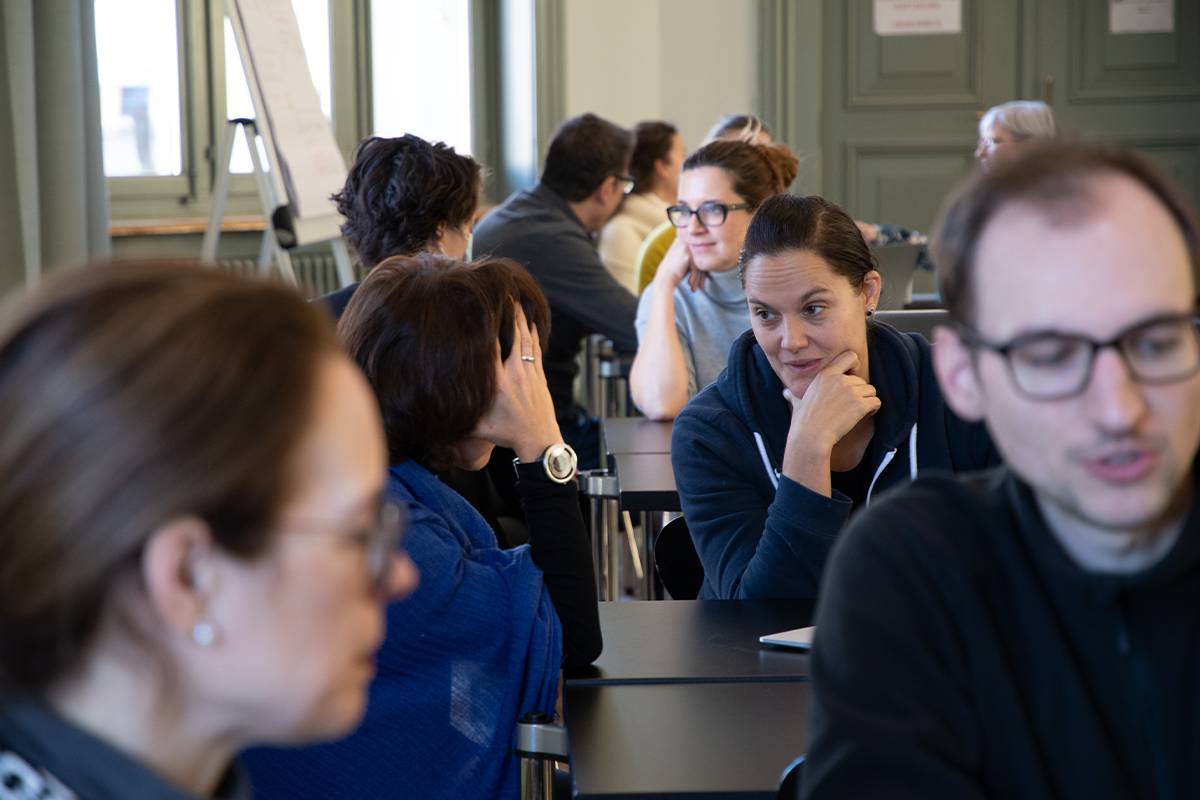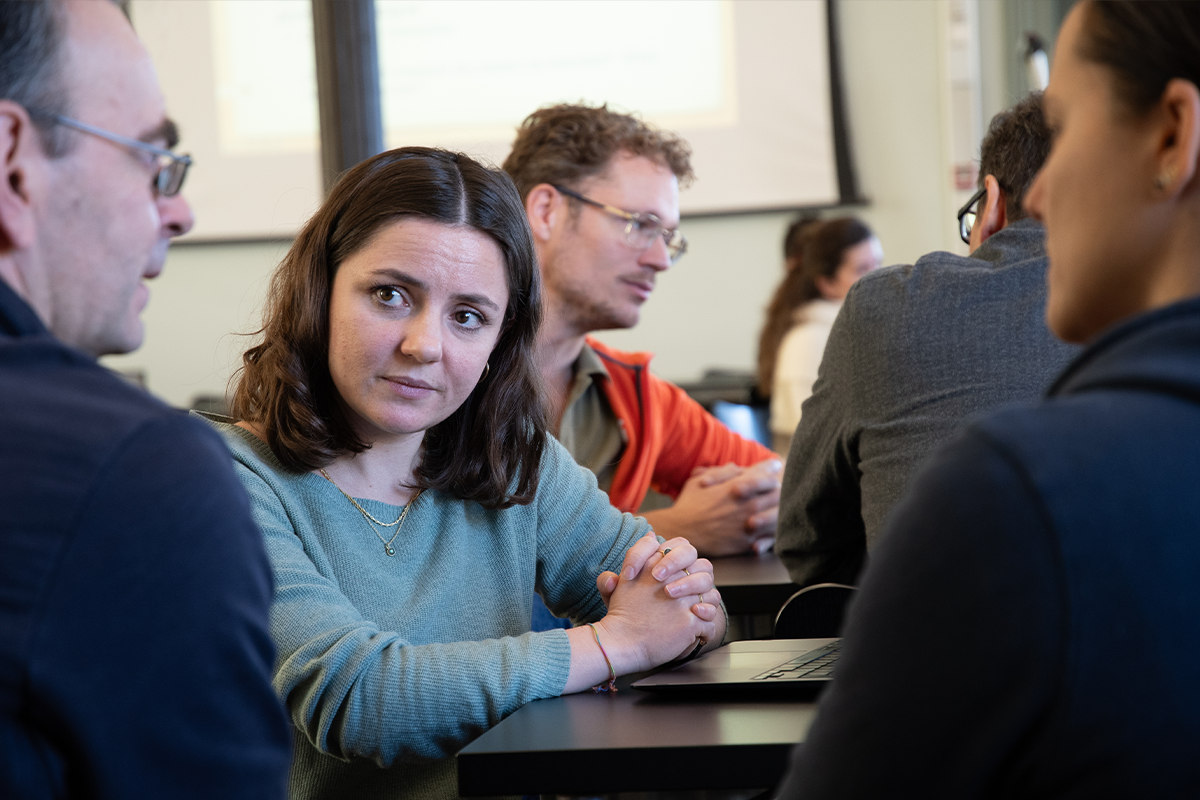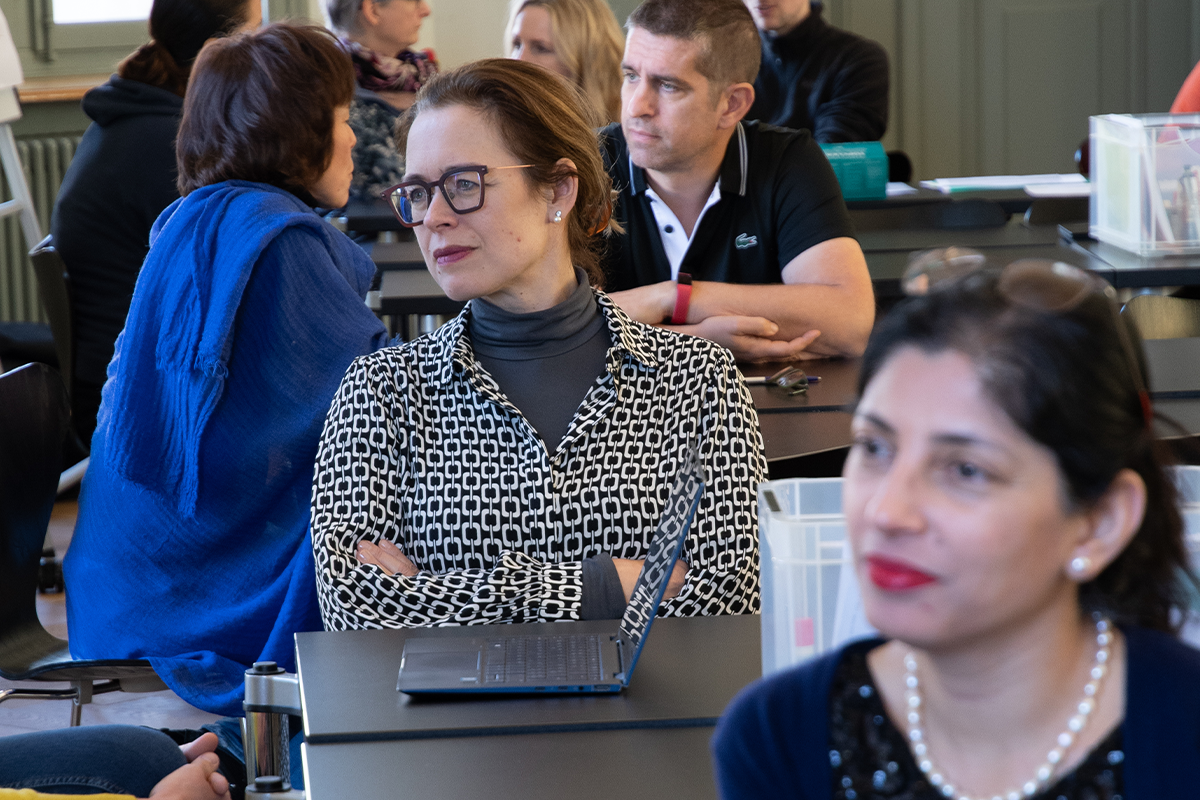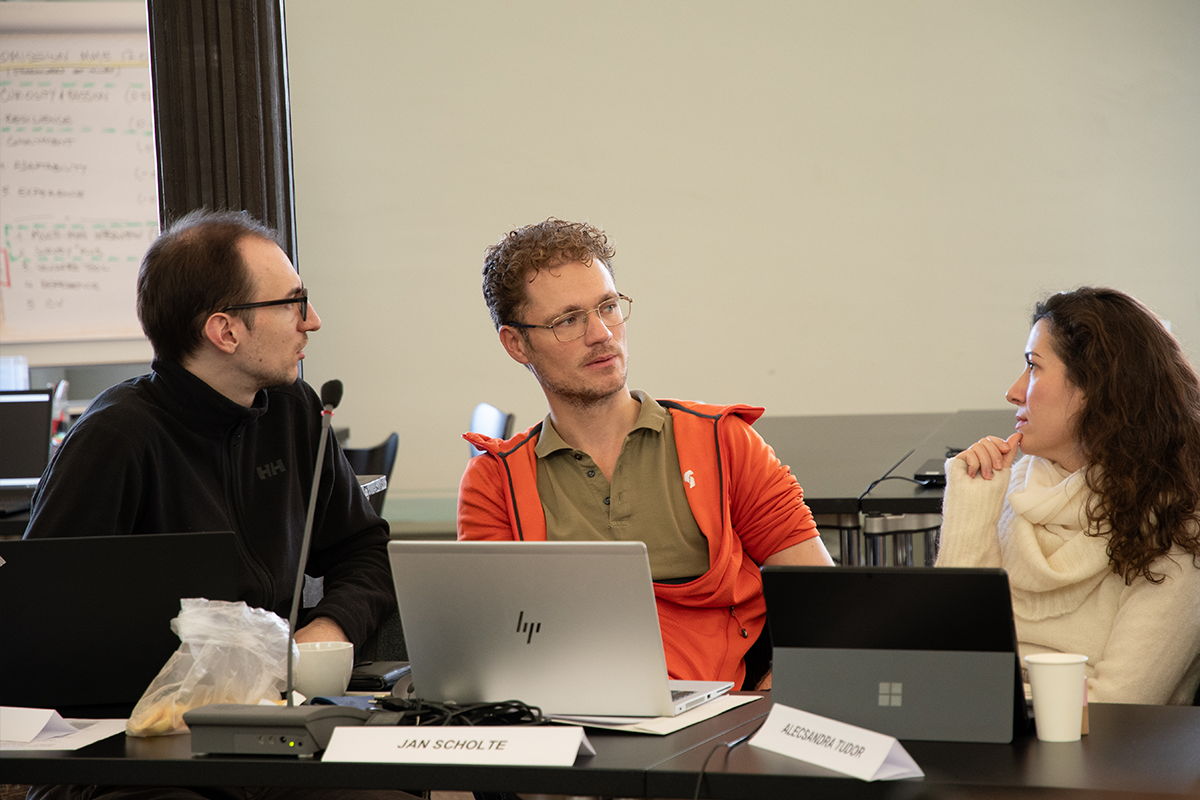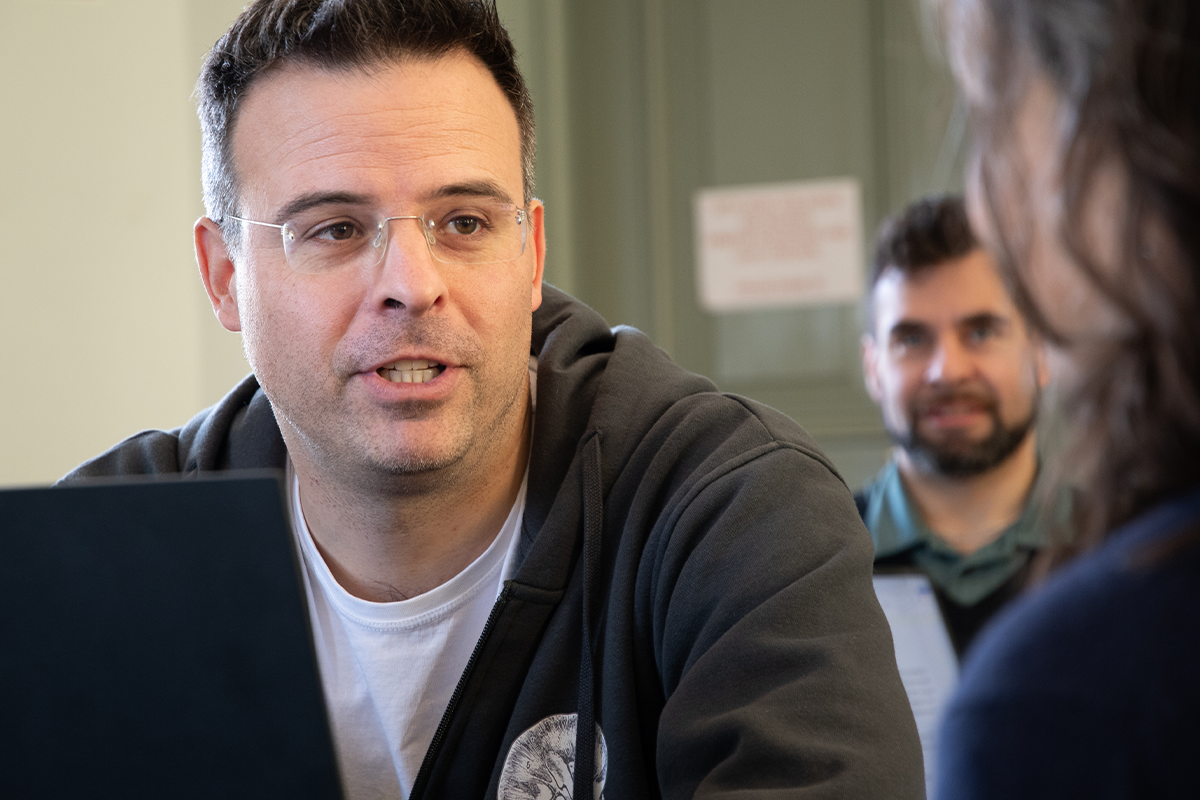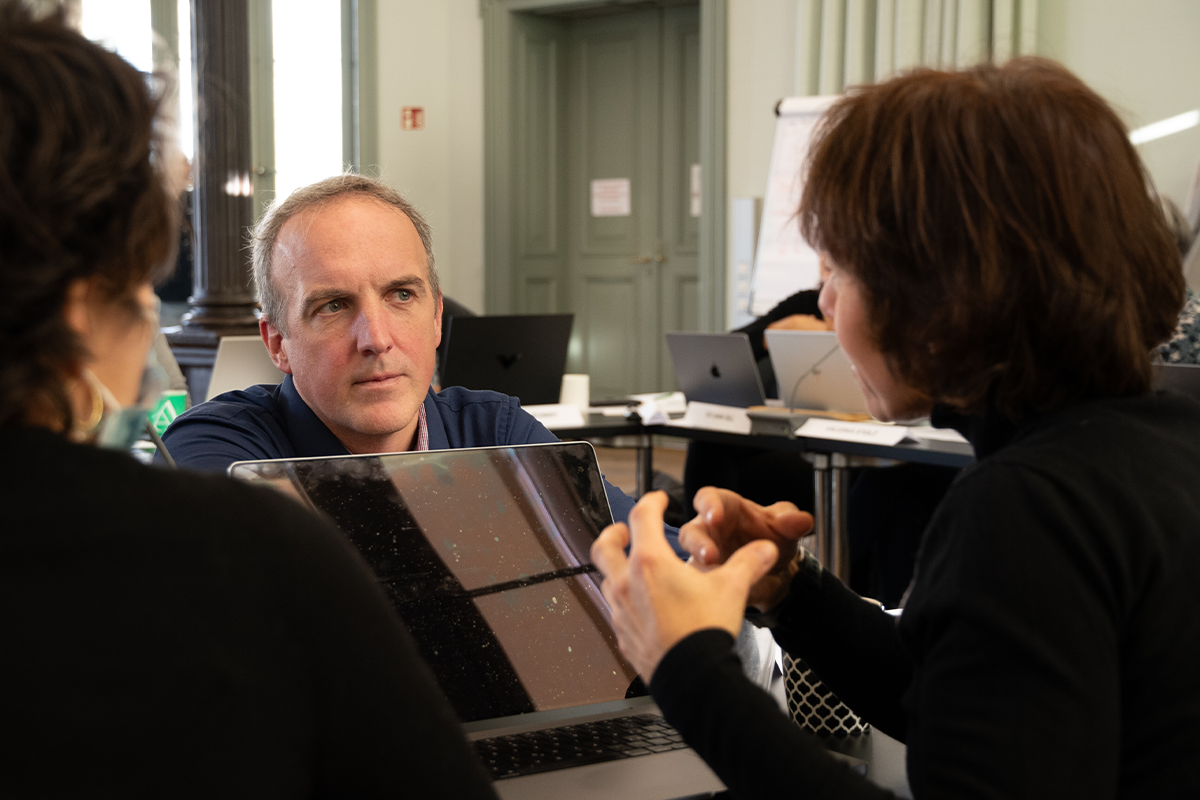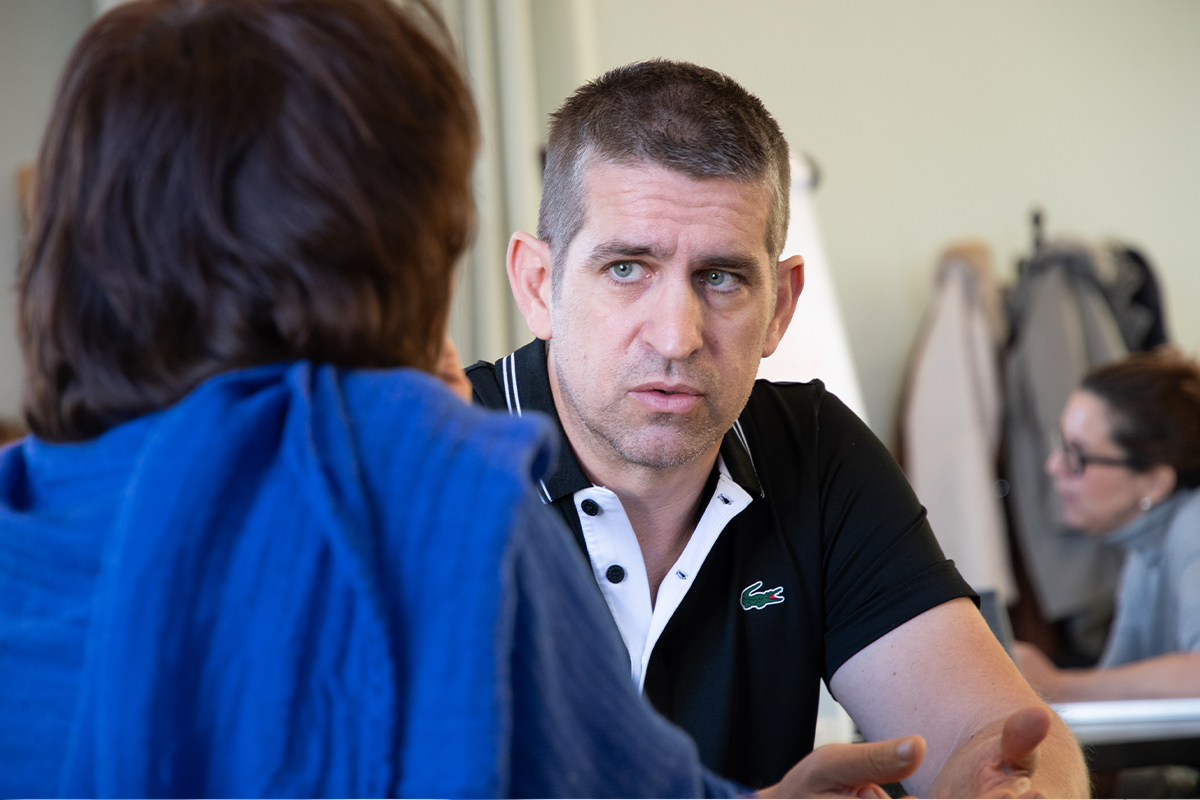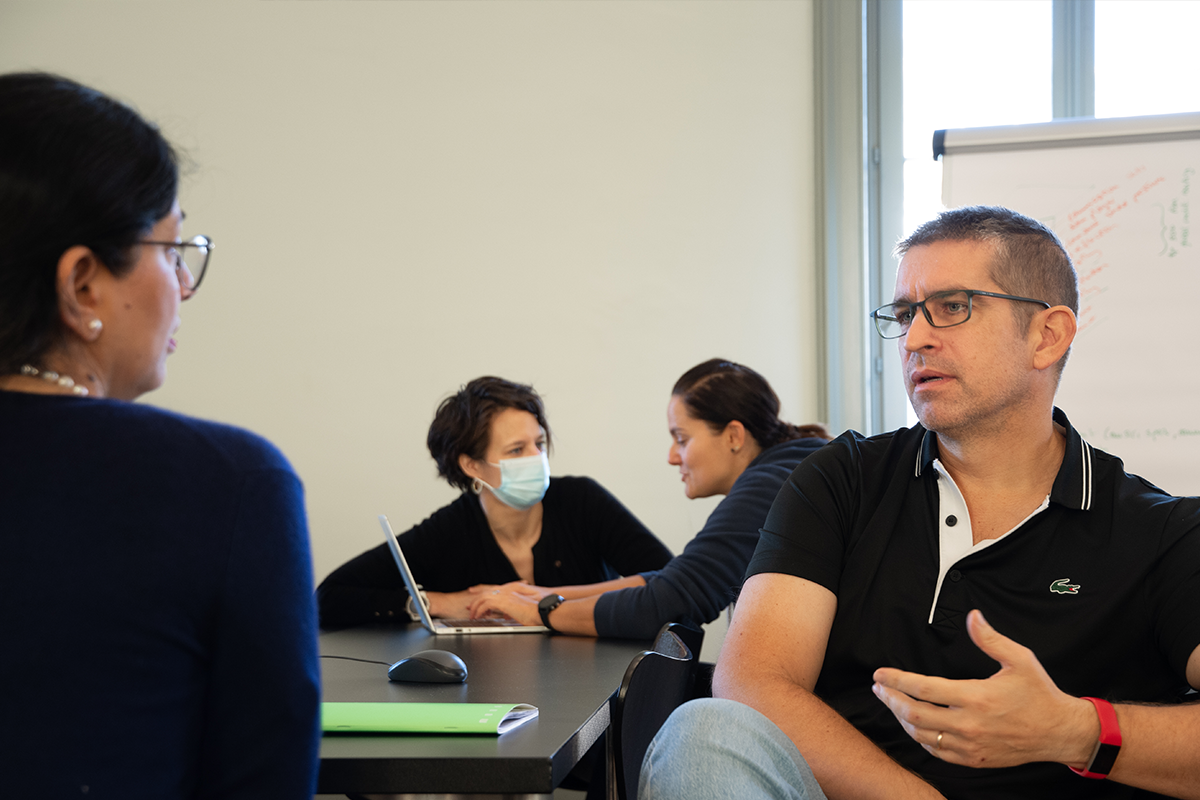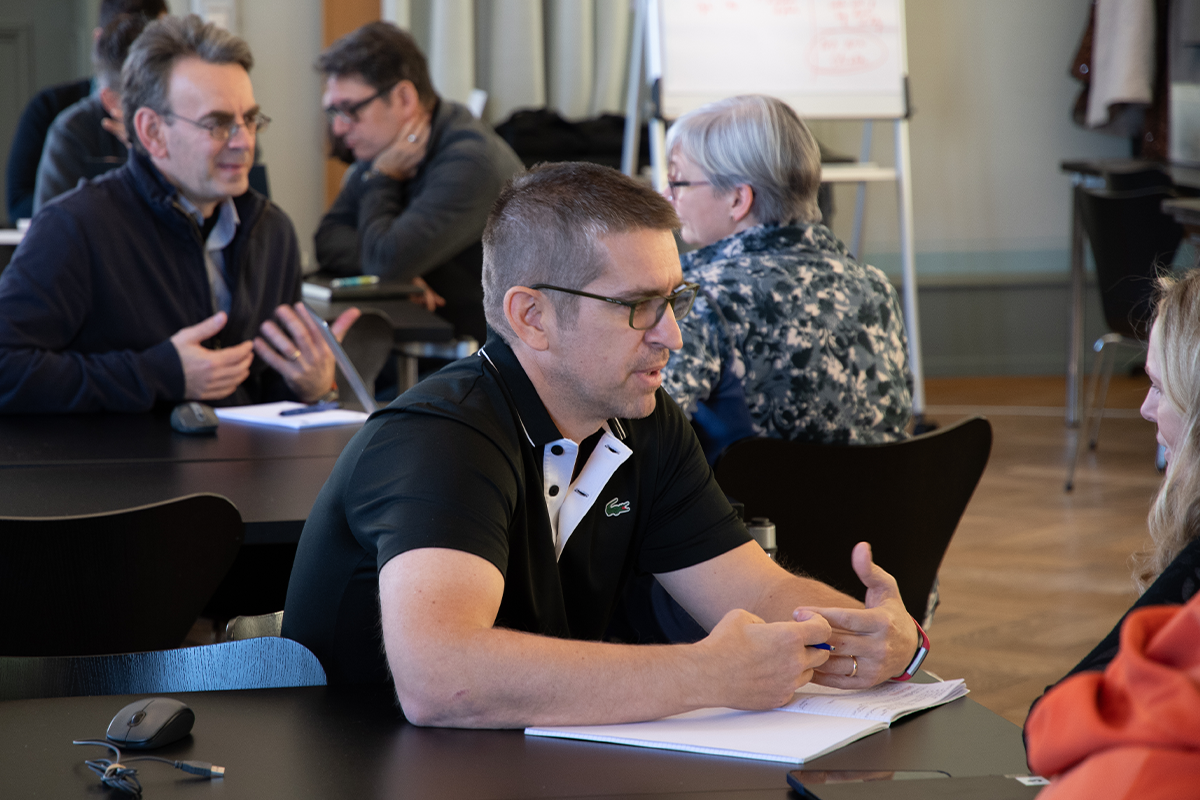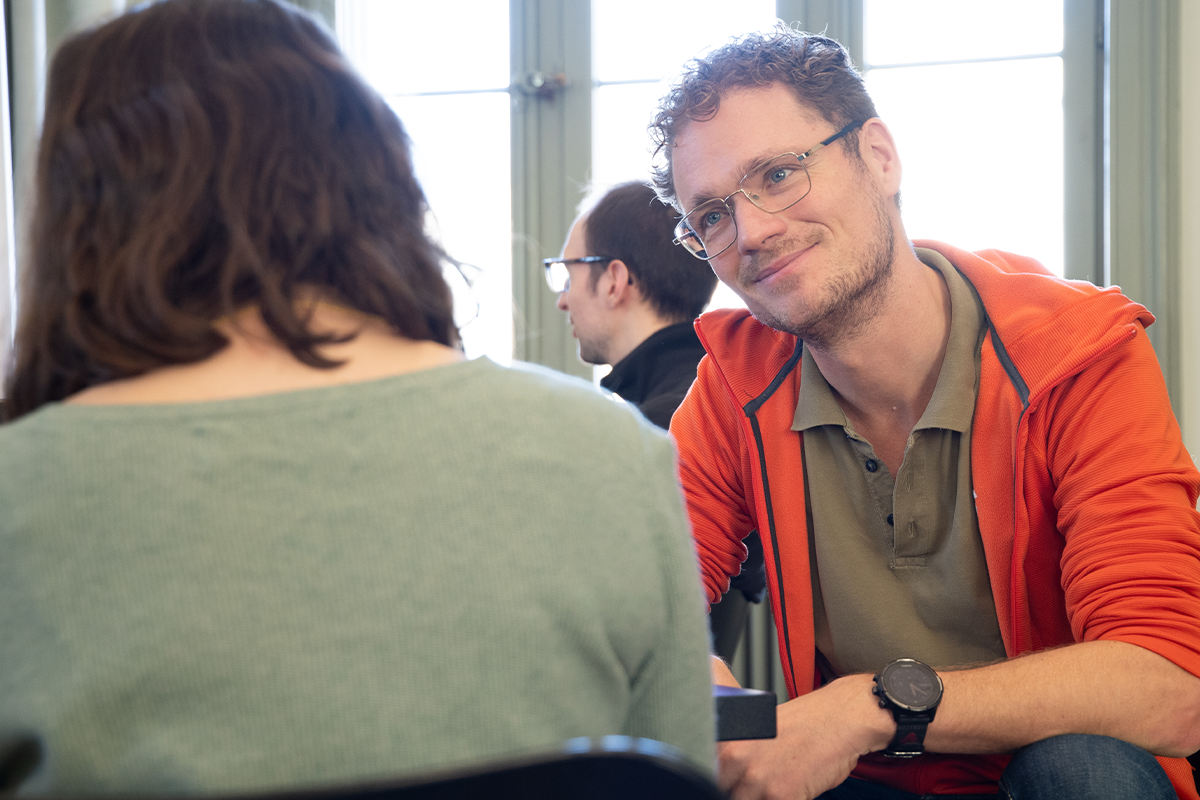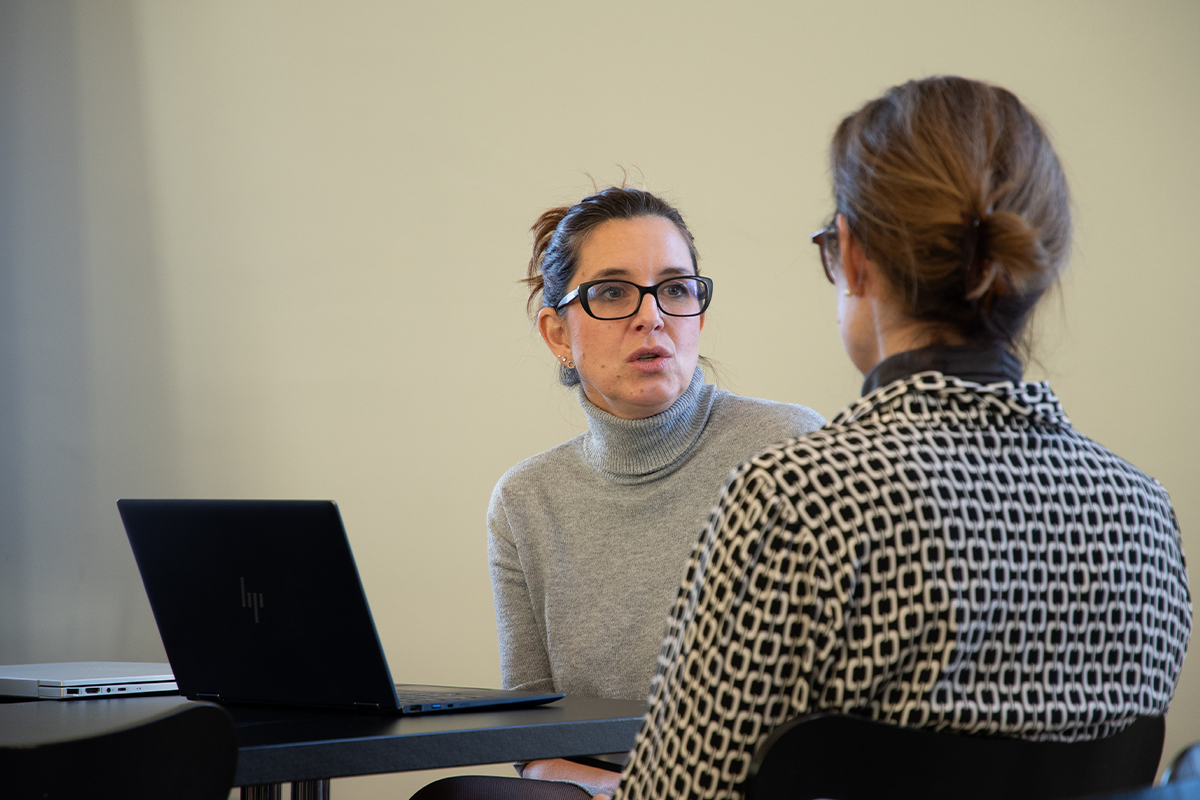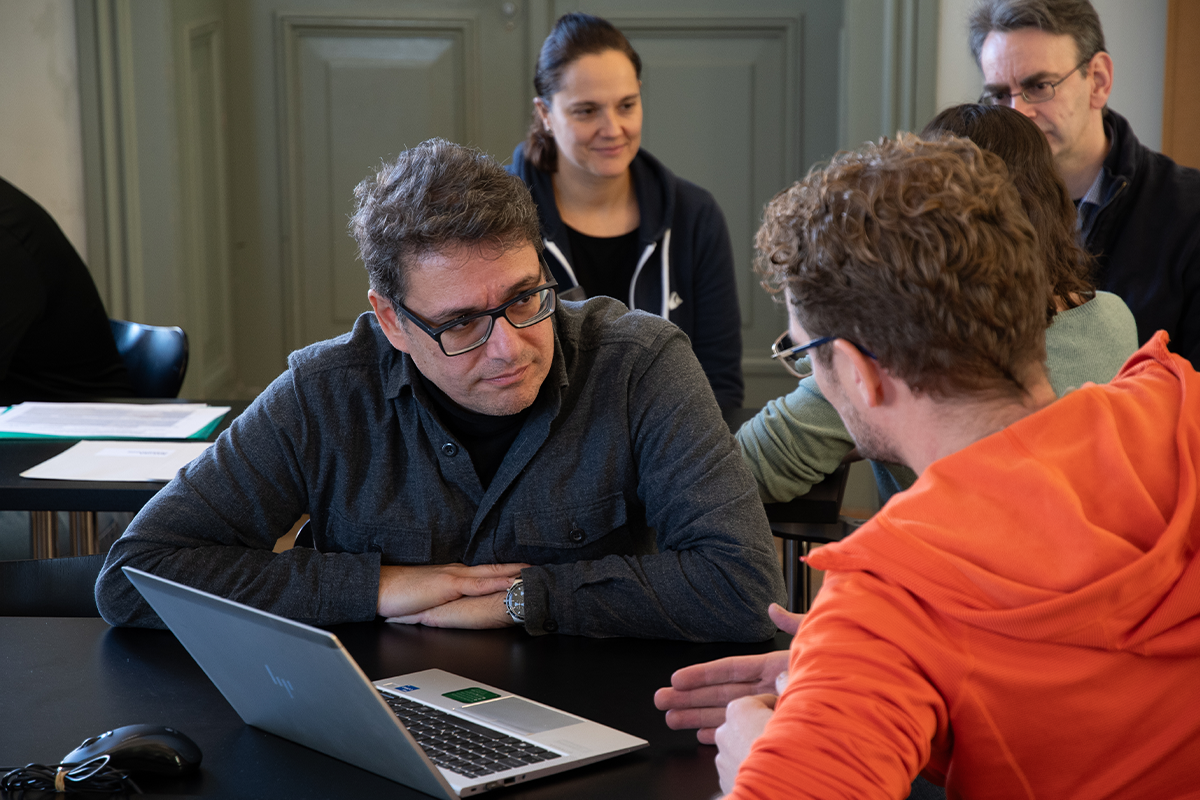The program comprises 12 one-week courses. To achieve the Master’s degree, attendance of at least 9 course weeks is mandatory, 6 of which must be core courses. The course weeks normally take place in Bern. One of the 12 courses is held in a seminar hotel, and a further course is held abroad.
With respect to content, the modules cover relatively self-contained topics, but refer to and are aligned to one another. The focus is on contents such as Curriculum Development, Cognitive Psychology, Assessment and Evaluation, Leadership and Education Research.
Over 90% of the course is conducted in English. An exception to this is course week 2 on the theme of communication, which is held in German.
In the course weeks, we offer professional coaching across both study years.
Course offering
Year 1
February 9-14, 2026 / Bern
Topics
- Identifying Medical Education Challenges, Ara Tekian, Chicago / Sandra Trachsel, Bern (2 days)
- Fundamentals of Learning and Cognition, Sissel Guttormsen, Felix Schmitz, Sharon Mitchell, Marc Züst, Bern (2 days)
- Leading Educational Change (part I) Christof Schmitz, Bern (1.5 days)
Description
The first course week is intended to serve as an introduction to the major issues in health professions education that are covered by the MME program and gives students an orientation to the required courses and requirements in the program. Students are introduced to brain development and the fundamentals of learning and how these are related to educational design. Students are intensively interacting while exploring different instructional methods, thereby setting the base for the two years of collaborative learning. An introduction to leading educational change is also included in this course.
April 13-18, 2026 / Gurten Bern
Topics
- Shaping of a lesson, Matthias Beckmann, München (2 days)
- Professional Communication, Anke Scheel-Sailer, Heiligenschwendi (2 days)
- Group Dynamics / Conflict Management, Erika Irniger, Bern (2 days)
Description
In course 2 participants will enhance their communication and teaching skills and reflect on their resources and limits in handling group dynamic processes. Participants are trained in setting clear goals, how to structure a lesson to promote understanding and retention, and using effective feedback and evaluation of learning activities. The seminars consist of didactic presentations of participants, group discussions with feedback, role-play exercises, video reviews, and personal goal settings.
June 12-13, 2026 / Bern
Pre-course: Project Management, Francesco Di Pasquale, Lausanne (2 days)
------------------------------------
June 15-20, 2026 / Bern
Topics:
- Curriculum Development and Course Design, Mark Goldszmidt, London Ontario (5.5 days)
Description
In course 3 a systematic approach to developing courses, programs or an entire curriculum will be applied. Students develop a plan and write-up a concept to improve a particular aspect of the curriculum. Social and institutional forces that can affect curriculum planning will be analyzed and strategies identified to deal with such factors.
August 10-15, 2026 / Bern
Topics:
- Microteaching, Matthias Beckmann, Susanne Frölich-Steffen, Conrelia Rémi, München (1 day)
- Blended Learning, Sissel Guttormsen, Felix Schmitz, Kai Schnabel, Daniel Bauer, Beate Brem, Giovanni Ferrieri, Bern (2 days)
- Clinical Education, Mathieu Nendaz, Geneva (3 days)
Description
In this course participants are introduced to work with different types of e-learning and blended learning approaches and analyse ways of integration into the curriculum. Students have hands-on experience in the design and production of a training video for a clinical skill.
Furthermore, various facets of clinical education and conditions for implementation will be discussed, including cognitive theories of clinical reasoning, tools for effective bedside teaching, the notion of professionalism, and the importance of team training and interprofessionalism for patient safety. Working in small teams, students prepare and present a training session for faculty members about a chosen topic of clinical education.
One day of mictroteaching will be dedicated to train teaching and rhetorical skills.
October 12-16, 2026 / Bern
Topics:
- Assessment in the Health Professions, Yoon Soo Park, Chicago / Sören Huwendiek, Christoph Berendonk, Kai Schnabel, Rabea Krings, Bern (5 days)
Description
In this course week students become familiar with the basic measurement concepts, principles and techniques applied in the assessment in the health professions. Students apply the concepts of validity, reliability and practicality in determining the usefulness of the current assessment tools and strategies. Students learn to choose the assessment methods and tools that best align with the intended learning objectives and expected outcomes.
November 30 - December 4, 2026 / Bern
Topics
- Quantitative Research Design and Methodologies in Health Professions Education, Meghan McConnell, Ottawa (4.5 days)
- Organisation of Master Theses Projects, Meghan McConnell, Ottawa / Sandra Trachsel, Bern (0.5 days)
Description
This course provides an introduction to quantitative research designs and methodologies relevant to health sciences education. This course will provide the tools to understand and develop a variety of basic research designs with the goal of encouraging students to pursue an active involvement in educational research. Components covered will include the development of a research topic and question, description of various experimental, observational, and correlational study designs, and issues related to implementing quantitative research studies in health professions education.
Year 2
January 25-30, 2027 / Bern
Topics
- Scholarship in Health Professions Education, Charlotte Ringsted, Aarhus (3 days)
- Qualitative Research (Part I), Sayra Cristancho, London Ontario (2.5 days)
Description
The course examines definitions and types of scholarship in education and health professions education (HPE) in particular, including scholarship of discovery, scholarship of integration, and scholarship of application. The student learns to evaluate works of scholarship in education based on standards of scholarship, including clear goals, adequate preparation, appropriate methods, significant results, effective presentation, and reflective critique. Students engage in evidence-based education, learning how to gather evidence in support of educational policies or practices, based on sound scholarship, and how to prepare a position paper on a HPE matter of current concern in the student's workplace, based on a careful analysis of available scholarship.
Qualitative Research - description will be added soon.
March 15-19, 2027 / Bern
Topics
- Qualitative Research (Part II), Mark Goldszmidt, London Ontario (2.5 days)
- Thesis Workshop, Mark Goldszmidt, London Ontario / Meghan McConnell, Ottawa / Sören Huwendiek, Bern (2.5 days)
Description
Qualitative Research - description will be added soon.
The purpose of the thesis workshop is to get students start thinking about your MME thesis work, in a way that your product could be considered a work of scholarship or a scholarly project. Students will analyze their proposed thesis proposal using the standards for good scholarship.
May 10-15, 2027 / Bern
Topics
- Faculty Development, Yvonne Steinert, Montreal (2.5 days)
- Change Management, Wim Gijselaers, Maastricht (3 days)
Description
This course describes the breadth and depth of faculty development programs and activities designed to address both individual and organizational change. Students examine the scope of faculty development content and approaches, and explore ways of promoting faculty development in the workplace, building on the notions of workplace learning and communities of practice.
In the second part of the course students learn to analyze the larger system or organization in which he or she exists and to assess the capacity for change of their own organization. Tools will be applied that help to reflect on the change capacity of their own organization and new, unfamiliar organizations. Students develop an overview of current debates in academic literature on organizational change and faculty development.
June 21-26, 2027
Description
In this course students will visit 1-2 innovative medical schools abroad (USA, Canada or Europe). The purpose is to get new insights in other curricula, their culture and to enhance understanding of selected medical education topics. The date may change depending on availability of the location visited.
September 27 - October 1, 2027 / Bern
Topics
- Program Evaluation in Health Professions Education, Charlotte Ringsted, Aarhus / Debbie Jaarsma, Utrecht (4 days)
- Conflict Management, Erika Irniger (0.5 days)
- Coaching Thesis Projects, MME teachers, Bern (0.5 days)
This MME course will focus on the many components involved with the quality assurance of an educational program in a higher educational institution. The module will focus on what is needed to assure and improve the quality of a single course/module and a whole program. Students will explore how external reviewers, such as accreditation bodies and committees, view a program, its quality systems and what is needed to prepare for such processes. Furthermore the quality culture and its impact on the quality improvement agenda will be examined. The alignment of curriculum reform processes and the quality assurance and culture within an institution will be adressed.
December 6-10, 2027 / Bern
Topics
- Special Topics, Kevin Eva, Vancouver (2.5 days)
- Evaluation of MME program, Erika Irniger, Sandra Trachsel, Bern (0.5 days)
- Master Thesis presentations, MME participants (1 day)
- Trends in Medical Education, invited speakers (1 day)
Description
In the final course week students discuss a variety of issues related to making admissions decisions in the health professions. Students experience the act of blueprinting one’s selection strategy to the qualities desired in one’s local context and they practice interviewing in the context of a multiple mini-interview. Moreover, students discuss the evidence from various literatures in an effort to come to a rich understanding of the concept of self-assessment, its flaws and strengths. They explore ways in which the construct of self-assessment has been engrained into the professions education communities' models of self-regulation to good and poor effect. They consider the implications of these literatures/experiences with respect to professional practice, faculty development, and teaching and learning. Students will discuss and reflect on medical education and the research that informs it.
One day will be dedicated to the MME thesis presentations. Finally, invited speakers will give final inputs on trends in medical education.
